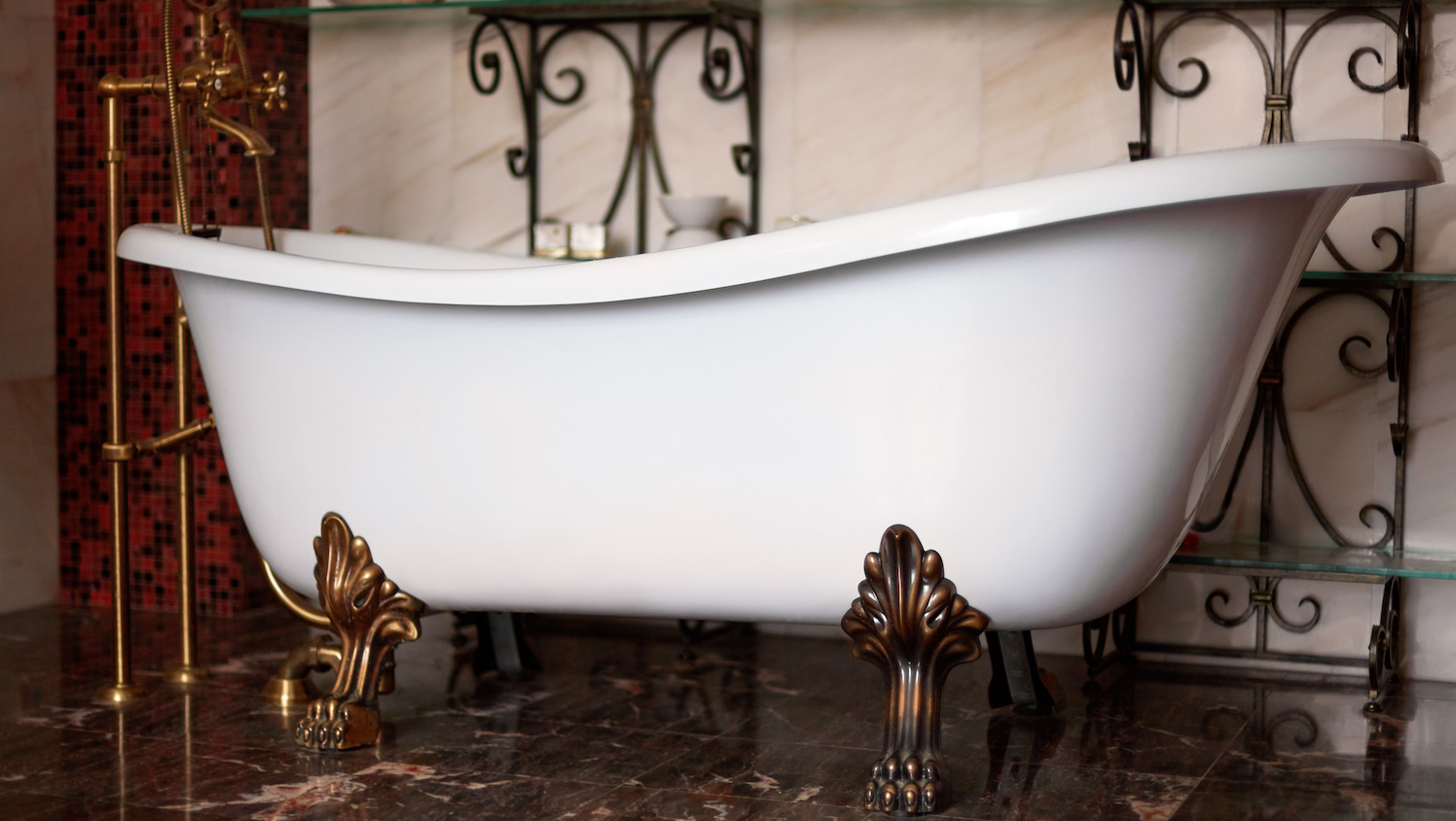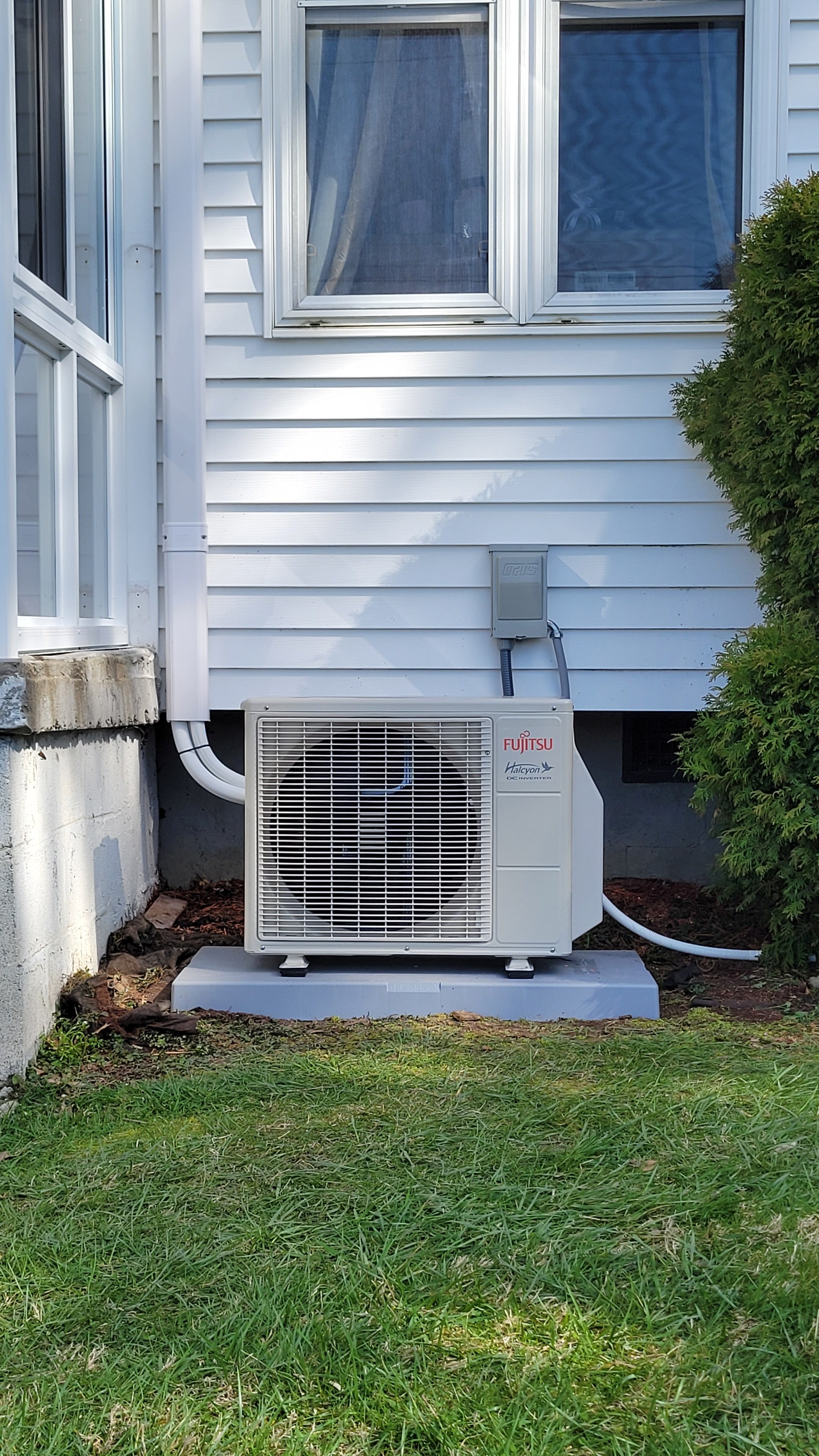
Get matched with top gas log pros in Lincoln, KS
Enter your ZIP and get matched with up to 5 pros
Need a pro for your gas log service project in Lincoln, KS?
Verified Reviews for Gas Log Service pros in Lincoln, KS
*The Angi rating for Gas Log Service companies in Lincoln, KS is a rating based on verified reviews from our community of homeowners who have used these pros to meet their Gas Log Service needs.
*The HomeAdvisor rating for Gas Log Service companies in Lincoln, KS is a rating based on verified reviews from our community of homeowners who have used these pros to meet their Gas Log Service needs.
Last update on November 26, 2025
Find Gas log pros in Lincoln
No results for Gas log pro in
Try adjusting your search criteria.The homeowners guide to home care is here
From average costs to expert advice, get all the answers you need to get your job done.

Do you want to add a mudroom to your home but are unsure if it’s within your budget? Use this mudroom addition cost guide to determine your installation price range.
The cost to install a window seat depends on several factors, such as materials, labor, and options. Here’s a breakdown of the cost to install a window seat.
 •
•Small kitchen remodels cost $12,750 on average, depending on the materials, size, labor, and more. Read this to calculate your kitchen remodel costs.
 •
•Discover the average cost of a living room remodel, including price ranges and key factors, to help you plan your project with confidence.

Confused about how to choose between grout vs. caulk for your home improvement project? This simple guide explains when to use which and why.

An updated bathtub can give a bathroom a whole new look. Find out how much it costs to replace a bathtub in Raleigh, NC, including prices by type and labor costs.
- Kitchen And Bath Remodeling in Lincoln
- Concrete Repair in Lincoln
- Mailbox Repair in Lincoln
- Locksmiths in Lincoln
- Egress in Lincoln
- Painting in Lincoln
- Lawn And Yard Work in Lincoln
- Lawn Fertilization And Treatment in Lincoln
- Fencing in Lincoln
- Carpet Cleaning in Lincoln
- Hardwood Flooring in Lincoln
- Roofing in Lincoln
- Plumbing in Lincoln
- Roofing in Lincoln
- Kitchen And Bath Remodeling in Lincoln
- Tree Service in Lincoln
- Electrical in Lincoln
- Fencing in Lincoln
- Siding in Lincoln
- Lawn And Yard Work in Lincoln
- Exterior Painting in Lincoln
- Windows in Lincoln
- Garage Doors in Lincoln
- Foundation Repair in Lincoln
- Concrete Repair in Lincoln
- Flooring in Lincoln
- Swimming Pools in Lincoln
- Home Builders in Lincoln
- Landscaping in Lincoln
- Pest Control in Lincoln





